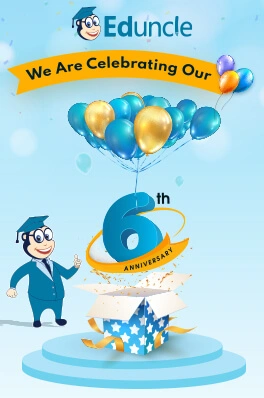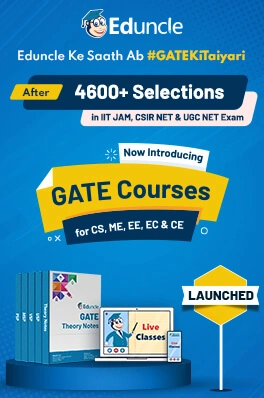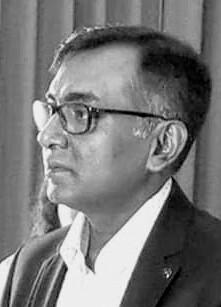Time management is very much important in IIT JAM. The eduncle test series for IIT JAM Mathematical Statistics helped me a lot in this portion. I am very thankful to the test series I bought from eduncle.
Nilanjan Bhowmick AIR 3, CSIR NET (Earth Science)- UGC NET
- English
Do provide key information on john ransom - criticism inc
do provide key information on John Ransom - Criticism INC
- 0 Likes
- 2 Comments
- 0 Shares
-
![comment-profile-img]() >
>
-
![comment-profile-img]() >
>
Deb dulal halder Halder Best Answer
“Criticism, Inc.,” published in The World’s Body (1938). This essay succinctly expresses a core of New Critical principles underlying the practice of most “New Critics,” whose views often differed in other respects. As Ransom acknowledges, his essay is motivated by the desire to make literary criticism “more scientific, or precise and systematic”; it must, says Ransom, become a “serious business.”1 He urges that the emphasis of criticism must move from historical scholarship to aesthetic appreciation and understanding. Ransom characterizes both the conservative New Humanism and left-wing criticism as focusing on morality rather than aesthetics. While he accepts the value of historical and biographical information, Ransom insists that these are not ends in themselves but instrumental to the real aim of criticism, which is “to define and enjoy the aesthetic or characteristic values of literature.”
Do You Want Better RANK in Your Exam?
Start Your Preparations with Eduncle’s FREE Study Material
- Updated Syllabus, Paper Pattern & Full Exam Details
- Sample Theory of Most Important Topic
- Model Test Paper with Detailed Solutions
- Last 5 Years Question Papers & Answers
Sign Up to Download FREE Study Material Worth Rs. 500/-










 >
>







Deb dulal halder Halder![best-answer]()
Ransom’s position is that the critic must study literature, not about literature. Hence criticism should exclude: (1) personal impressions, because the critical activity should “cite the nature of the object rather than its effects upon the subject” (WB, 342); (2) synopsis and paraphrase, since the plot or story is an abstraction from the real content of the text; (3) historical studies, which might include literary backgrounds, biography, literary sources, and analogues; (4) linguistic studies, which include identifying allusions and meanings of words; (5) moral content, since this is not the whole content of the text; (6) “Any other special studies which deal with some abstract or prose content taken out of the work” (WB, 343–345). Ransom demands that criticism, whose proper province includes technical studies of poetry, metrics, tropes, and fictiveness, should “receive its own charter of rights and function independently” (WB, 346). Finally, in this essay and other works, Ransom insists on the ontological uniqueness of poetry, as distinct from prose and other uses of language, as in prose. “The critic should,” he urges, “regard the poem as nothing short of a desperate ontological or metaphysical manoeuvre,” which cannot be reduced to prose (WB, 347–349). All in all, he argues that literature and literary criticism should enjoy autonomy both ontologically and institutionally. His arguments have often been abbreviated into a characterization of New Criticism as focusing on “the text itself ” or “the words on the page.”